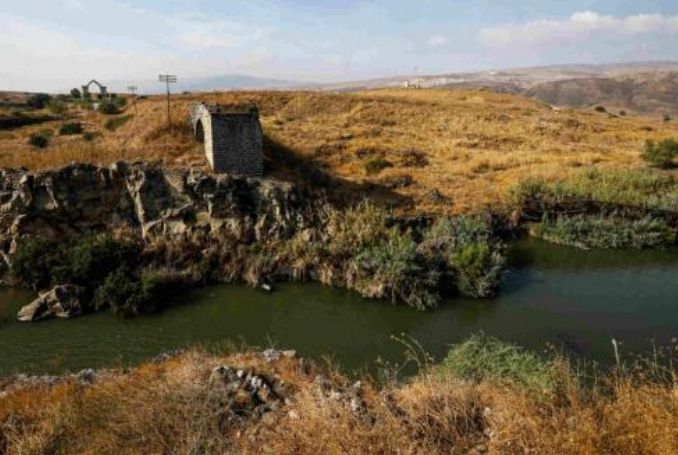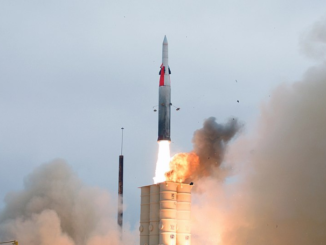
It has been a bitter harvest for some Israeli farmers on the border with Jordan. On Sunday, a 25-year-old deal between the two countries that has allowed them to cultivate land there formally expires, Reuters reports.
Under the deal, part of the 1994 Jordan-Israel peace treaty, two territories straddling the border were recognized as under Jordanian sovereignty but with special provisions allowing Israeli farmers to work the land and visitors to tour the Isle of Peace park in the area.
#Jordan will not extend #Baqura, #Al-Ghamr lease — Foreign Ministryhttps://t.co/kqm0ZYEEti pic.twitter.com/7D9KUAIJTn
— The Jordan Times (@jordantimes) November 11, 2019
But in 2018, Jordan said it did not want to continue the arrangement, in what was widely seen as a sign of increasingly strained diplomatic relations.
King Abdullah formally declared on Sunday the end of the 25-year special regime, which most Jordanians saw as a humiliation that perpetuated Israeli “occupation” of Jordanian territory.
“I announce the end of the work in the special annex in the two areas Ghumar and Baqoura, in the peace treaty and impose our full sovereignty on every inch of them,” the king said in a speech marking the start of a new parliamentary session, drawing applause from parliamentarians and officials.
“Today, I also announce the expiration of the Peace Treaty annexes on Al Ghamr and Baqura and the imposition of our full sovereignty over every inch of those lands.”
(King Abdullah II -Speech From the Throne at the opening of the 18th Parliament’s fourth ordinary session)#LOVEJO https://t.co/DDTb4wJ3jJ— Lina Annab (@LinaAnnab) November 10, 2019
For the Israelis farming the land, the agreement’s expiry is a sharp blow.
Jordan will continue to respect the ownership rights of Israelis with property in Naharayim, according to Israeli and Jordanian officials.
But without the special provisions, they will now face the hassle of normal border crossings, making their work much more difficult.
(Middle East Monitor, PC, Social Media)







